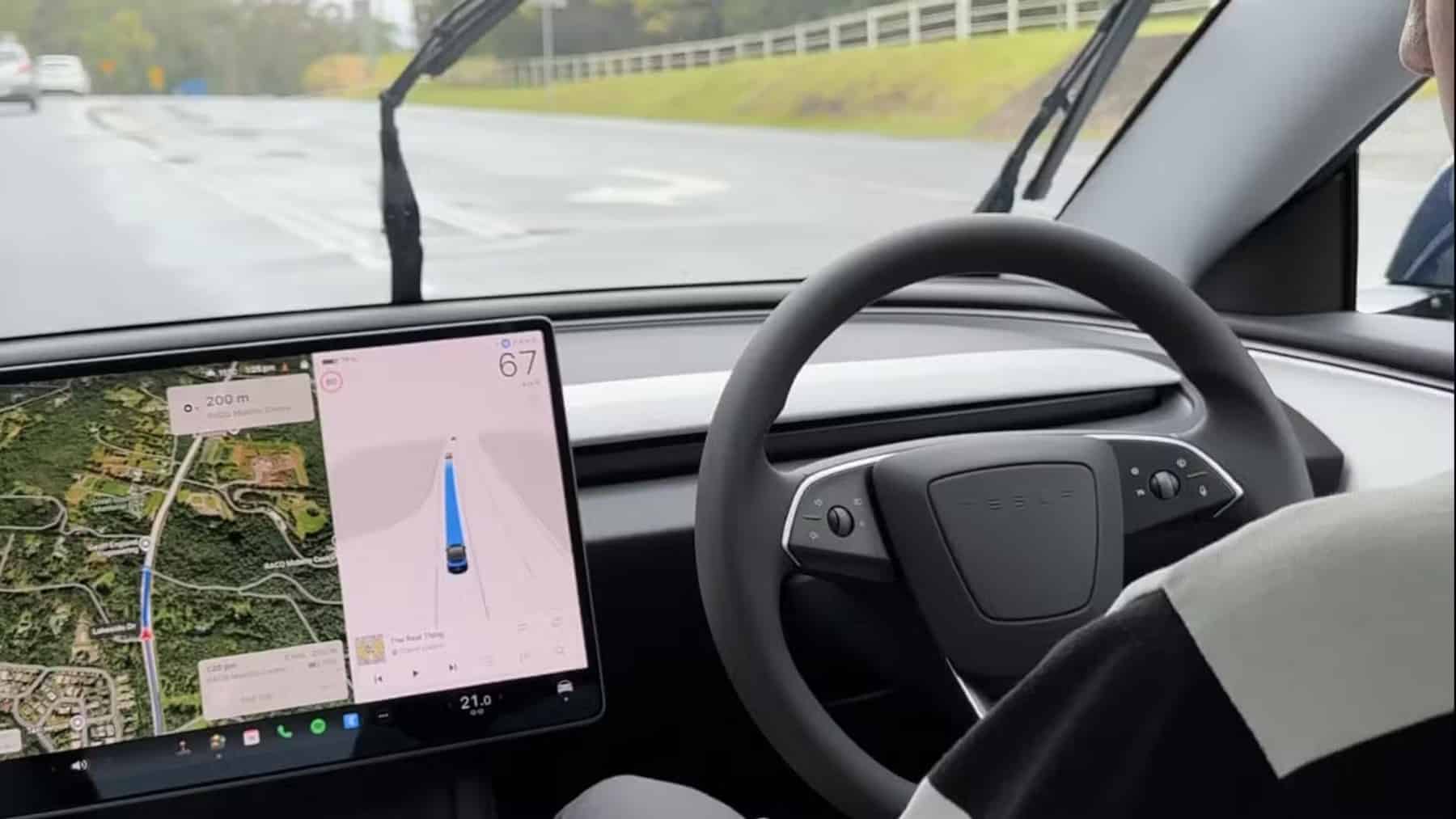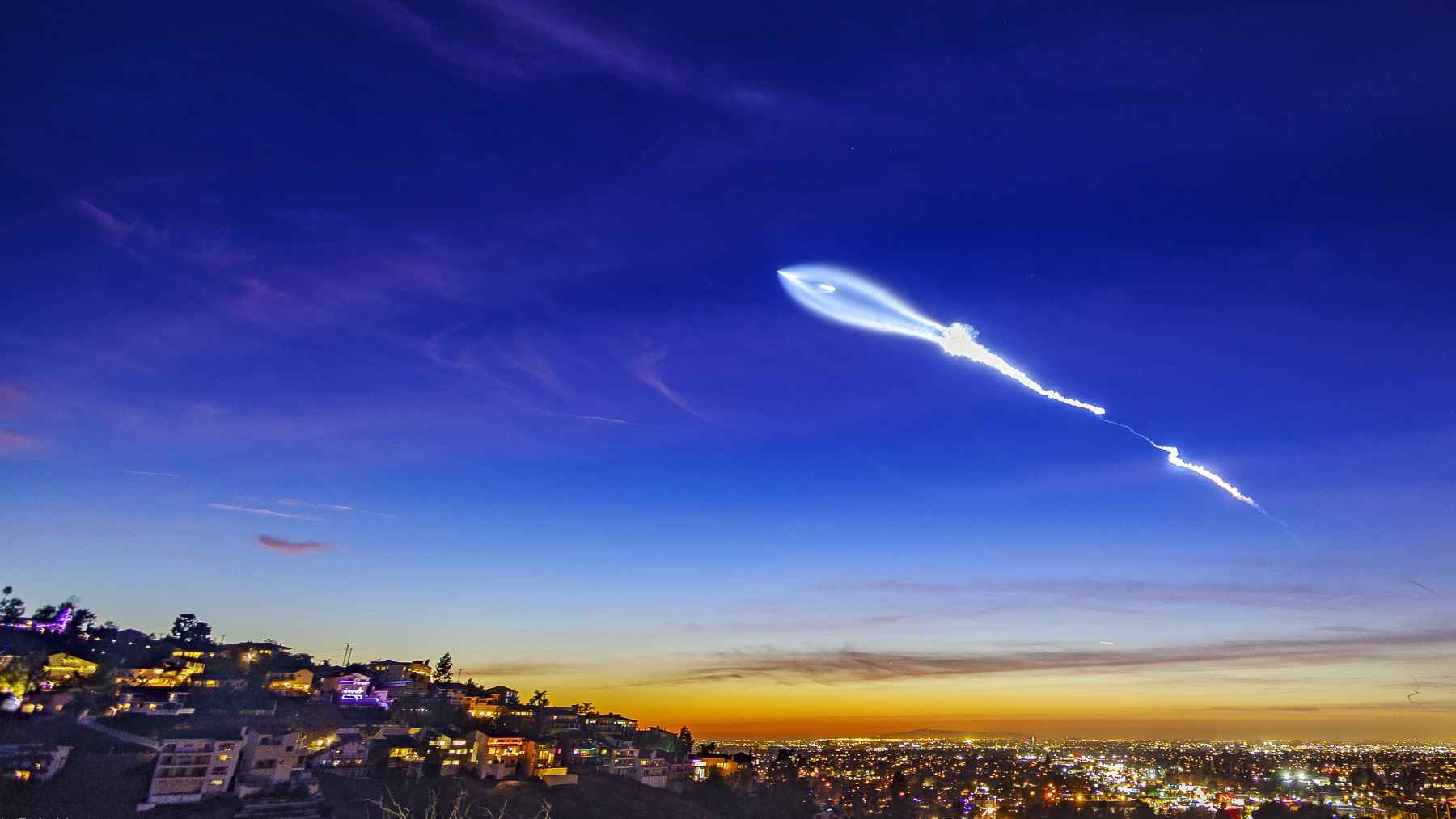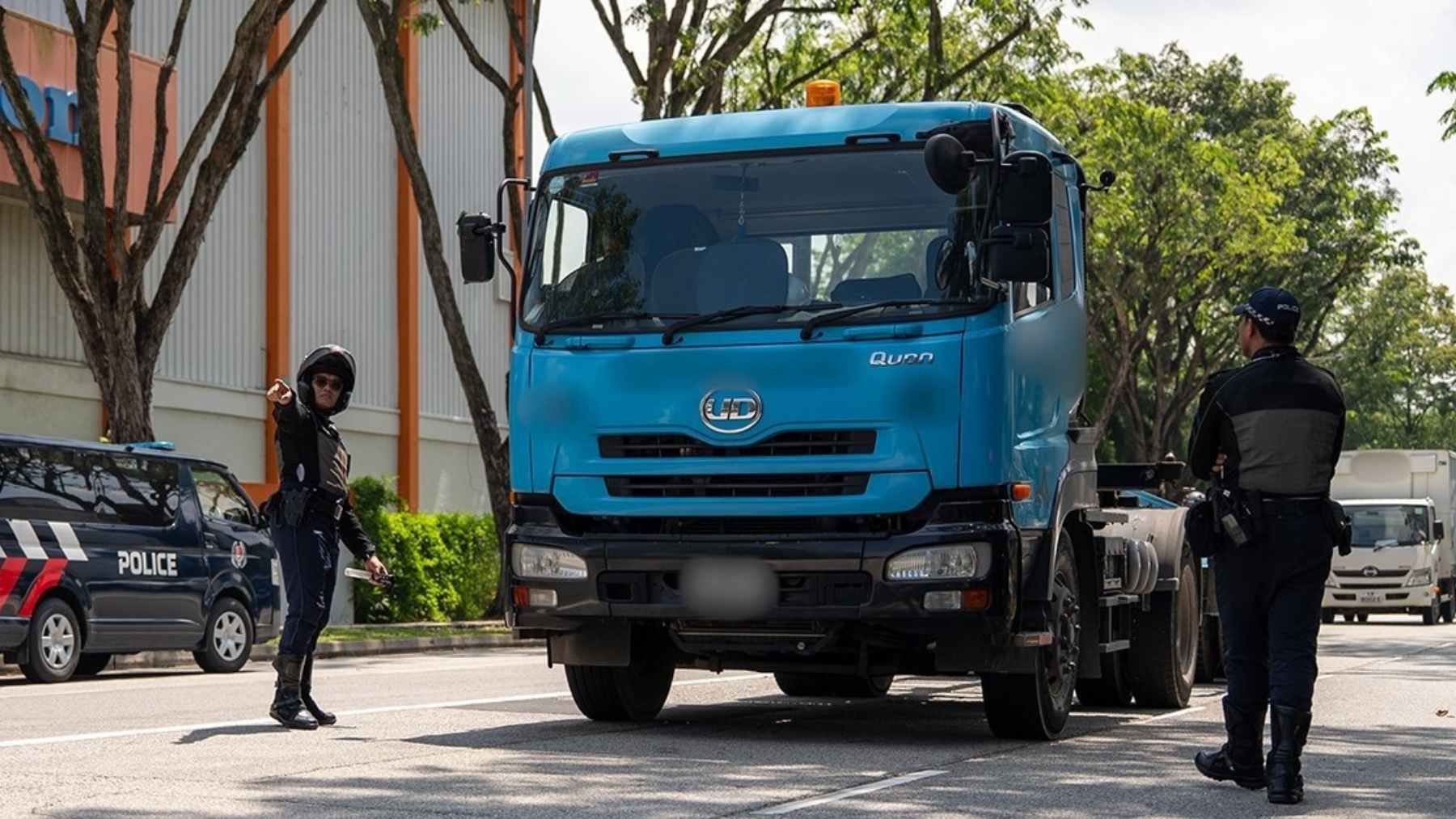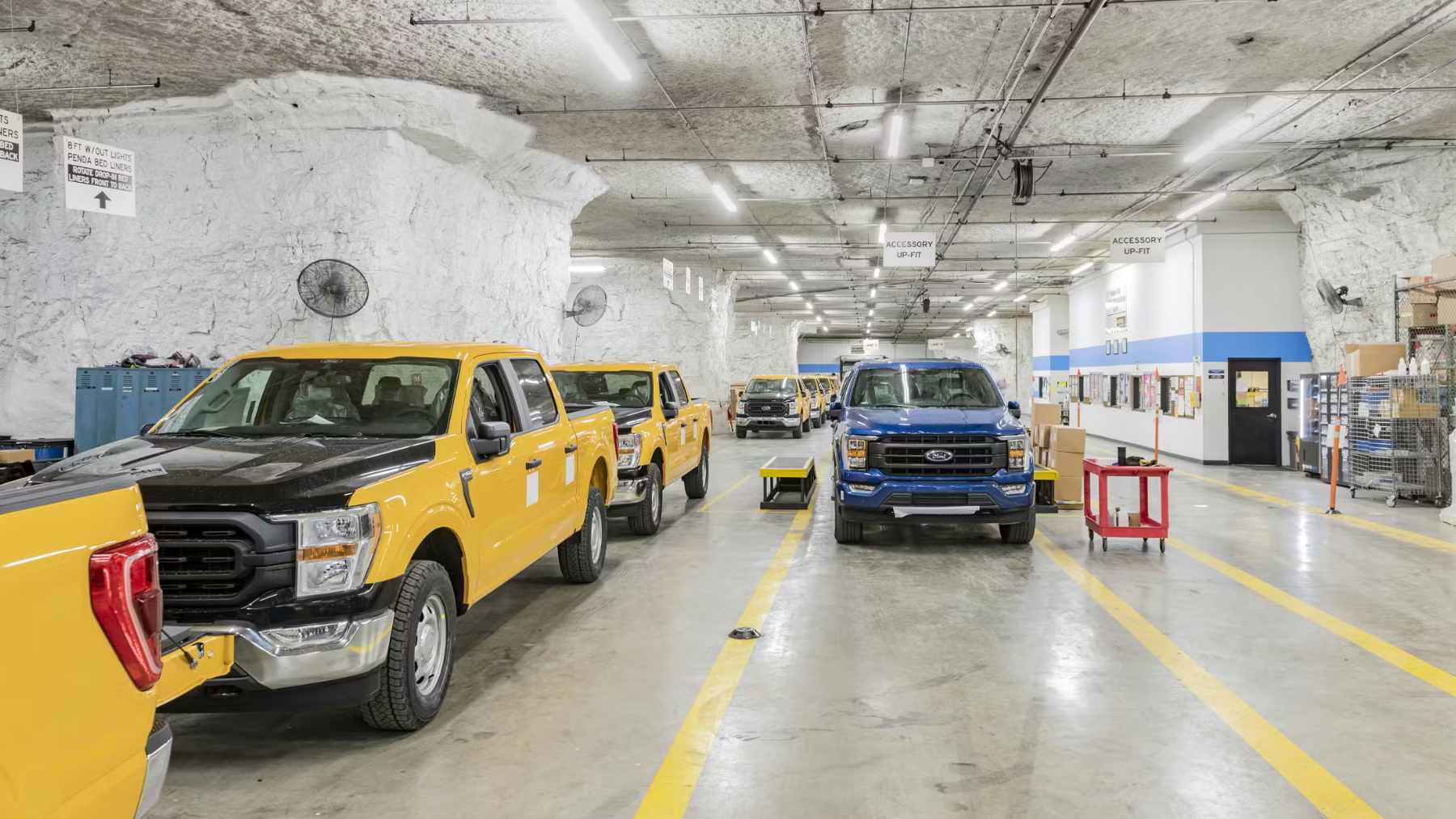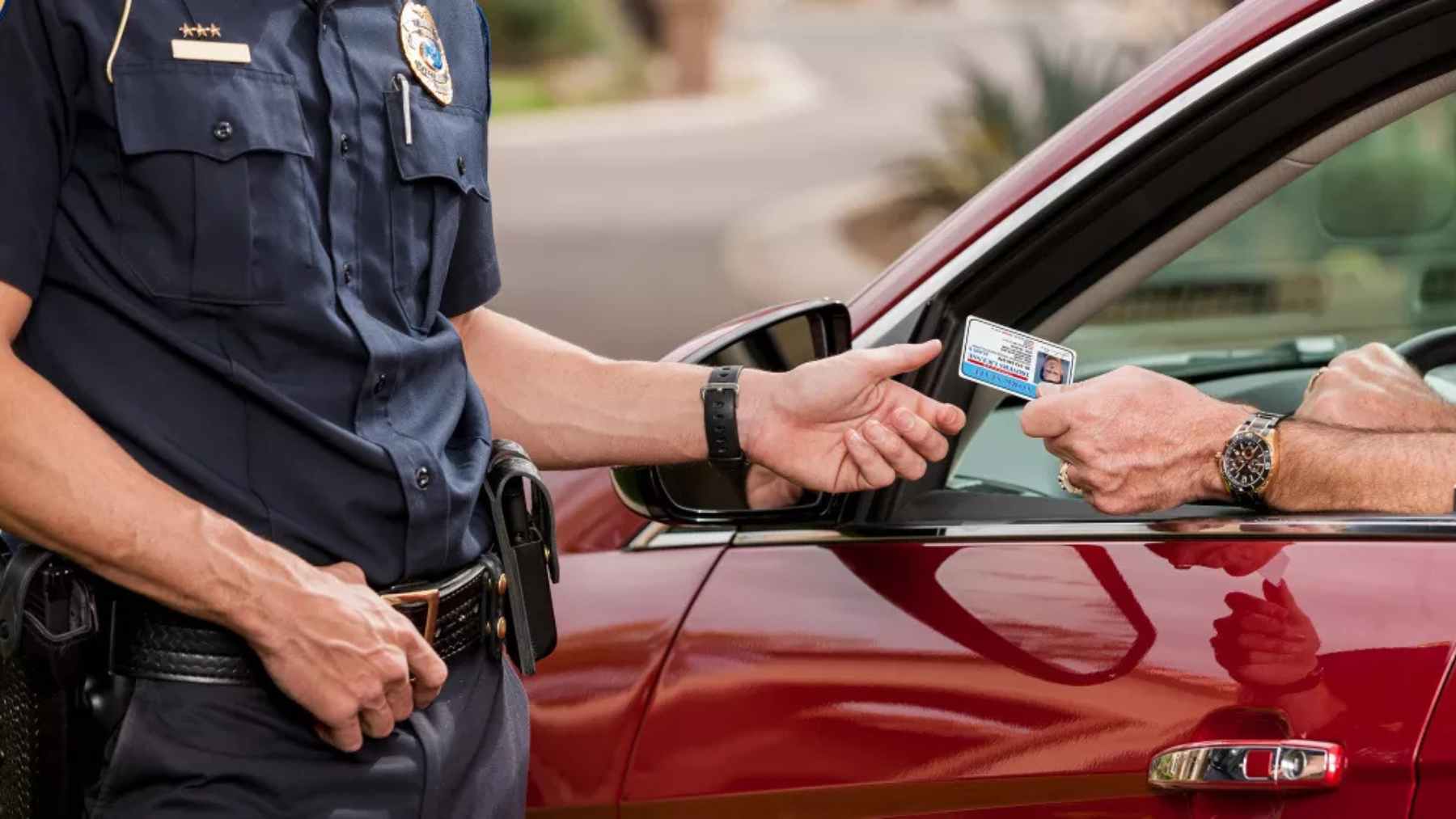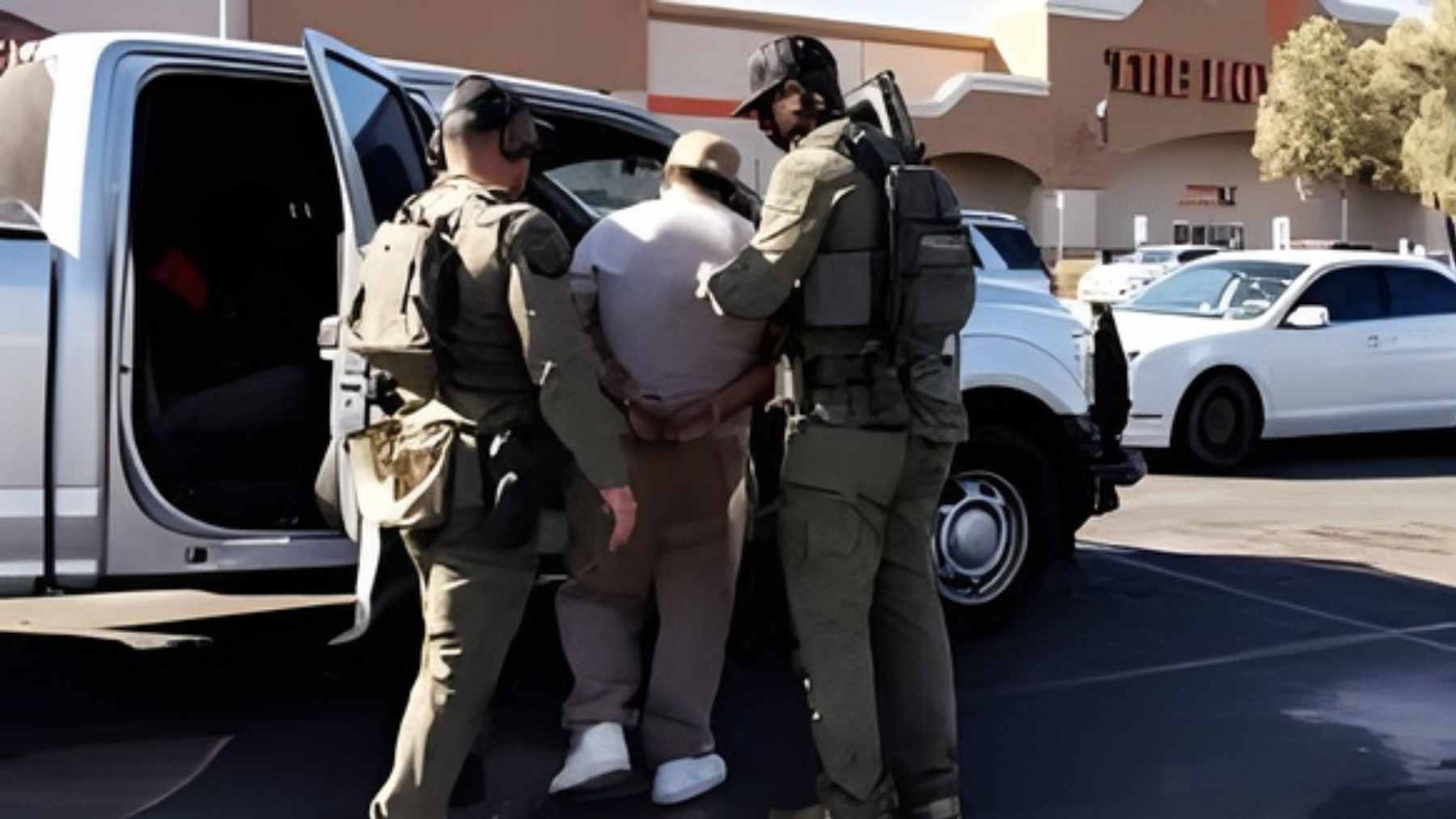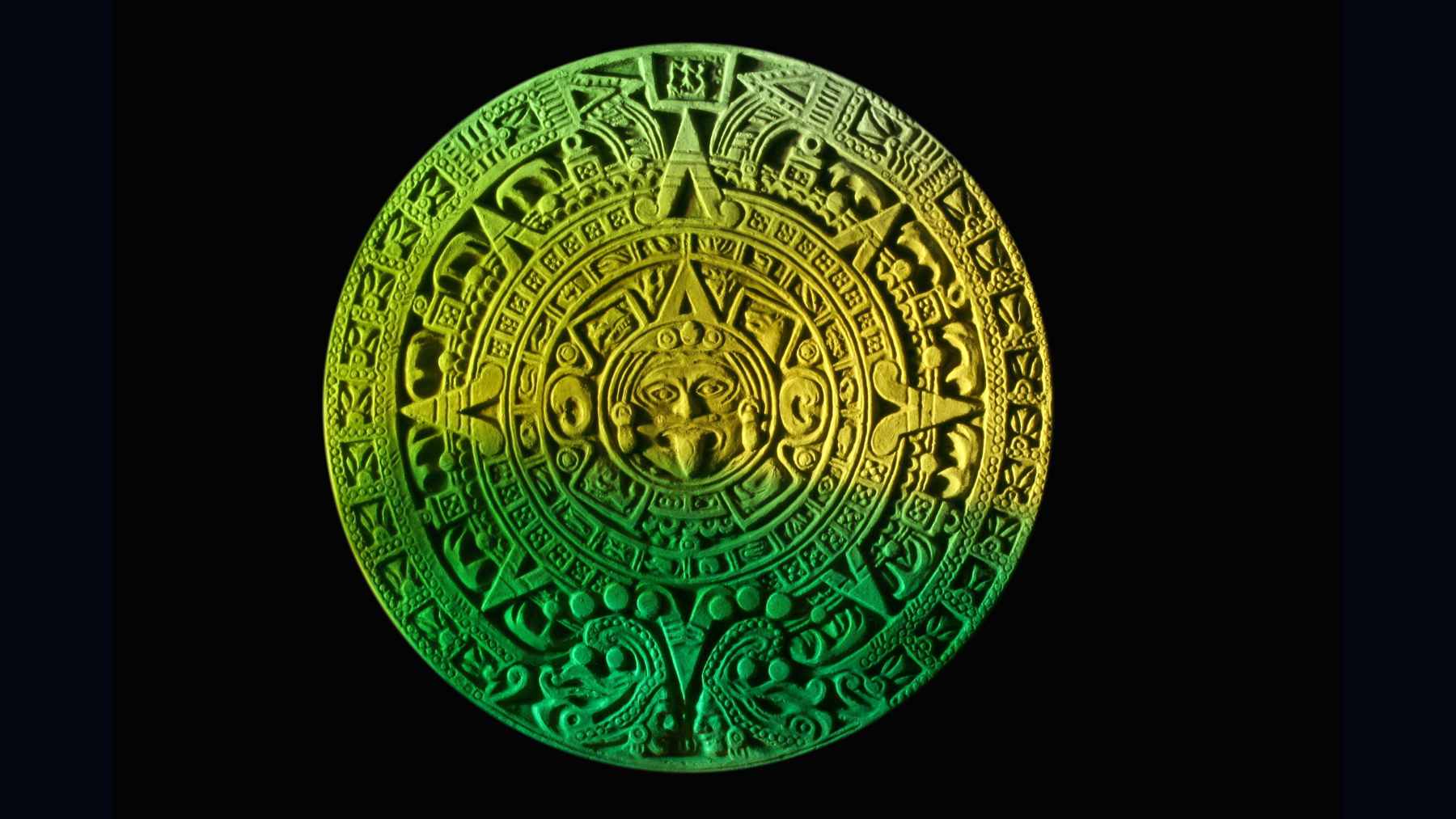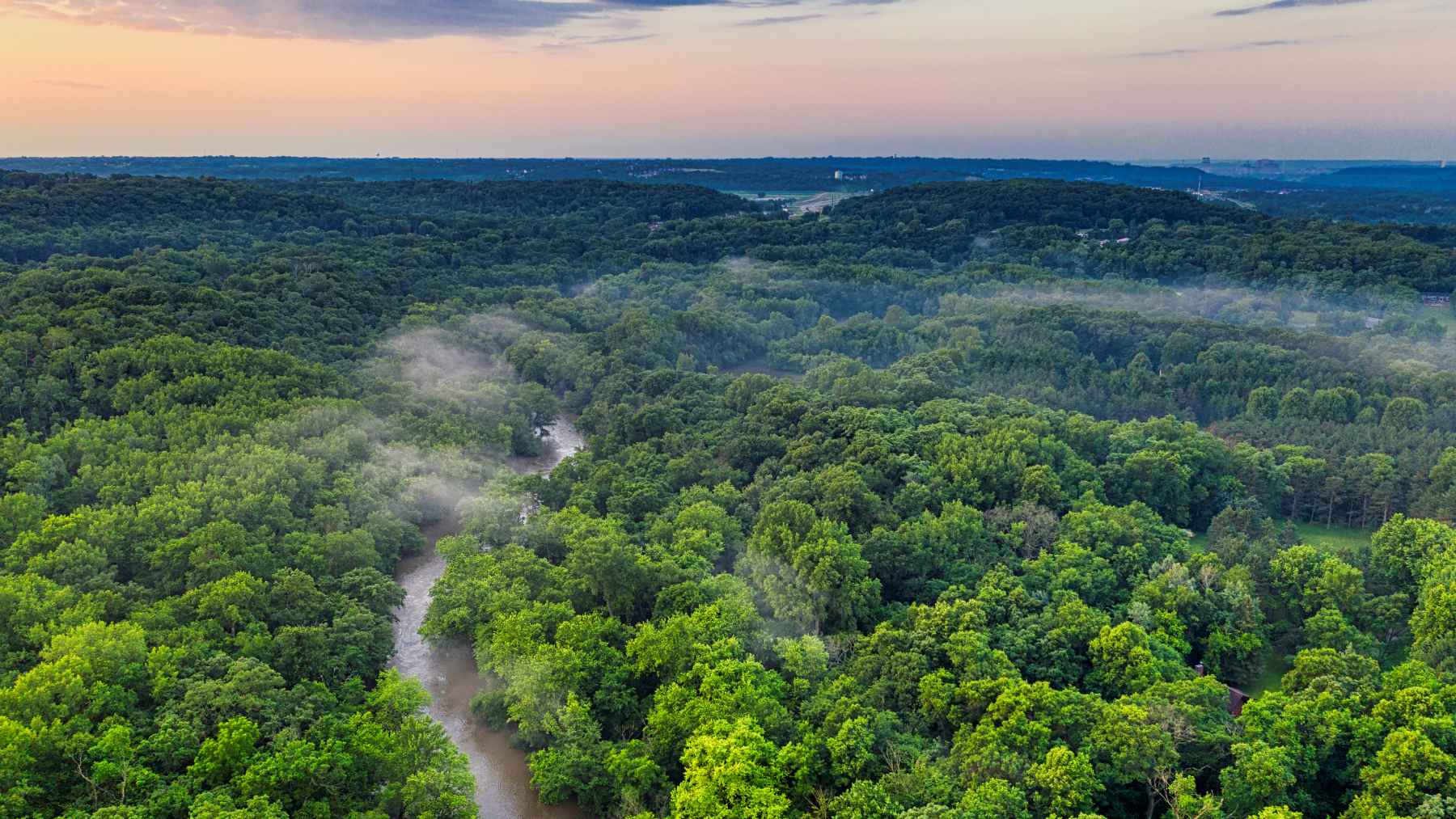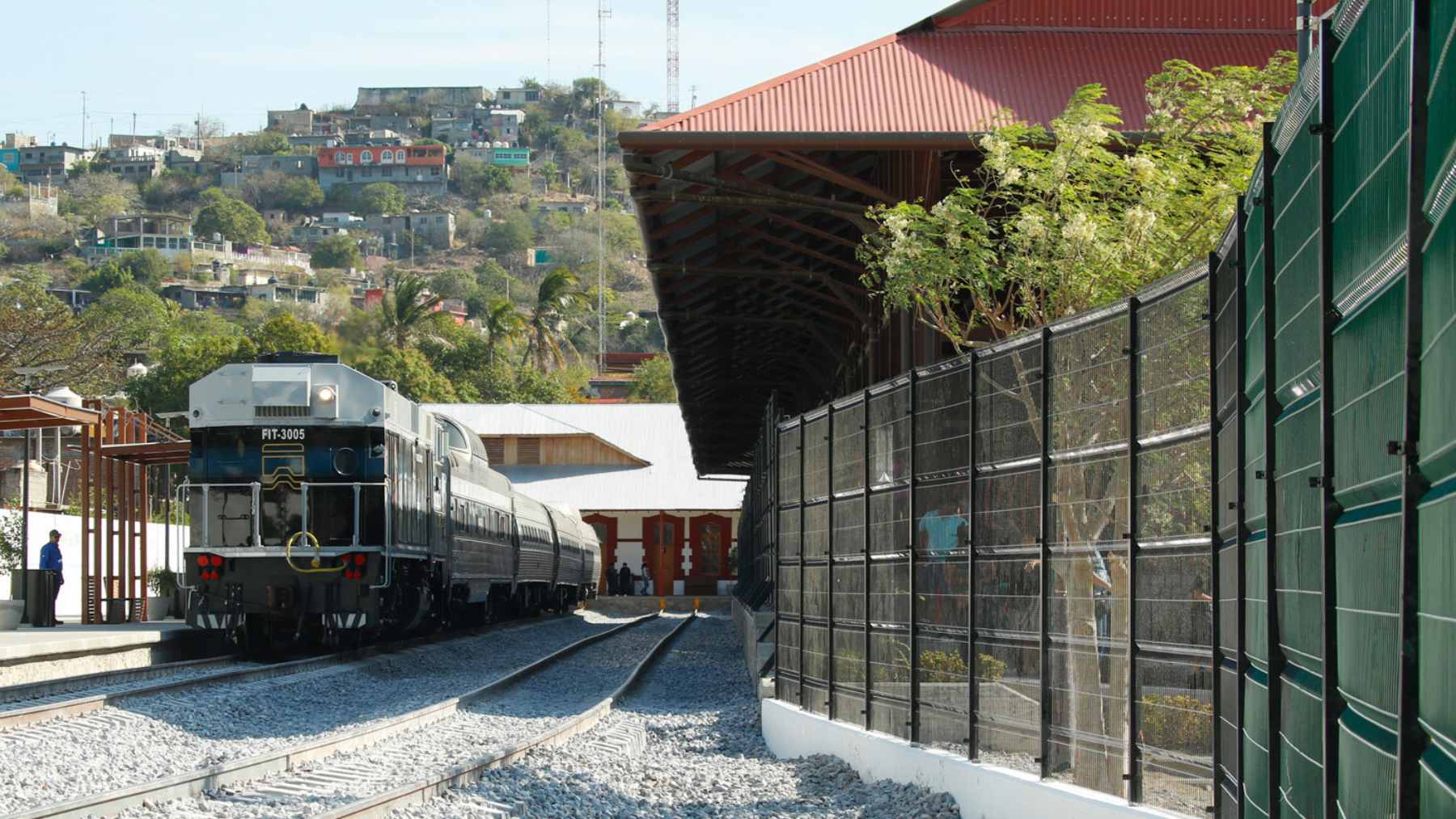The National Highway Traffic Safety Administration (NHTSA) has recently opened up a new Tesla investigation over this Full Self-Driving problem. Tesla has risen to be one of the most dominant forces on the road. Since the release of its electric vehicles over two decades ago, Tesla has continued to advance the yardstick of technological development and innovation for the transportation world. However, recent technological developments are causing clashes with the NHTSA.
Tesla continues to be a source of innovation
With the release of the company’s first electric vehicles, Tesla was launched into stardom, rapidly coming to dominate the electric vehicle industry. For years, its vehicles have retained the top spot for total global electric vehicle sales, only recently being surpassed by China’s BYD. At the time of Tesla’s release of its first models, electric vehicles had not gained significant traction. However, the company not only began to produce technologically advanced models but was able to successfully sway public perception to see these vehicles as representations of both luxury and futuristic technology.
Since then, Tesla has continued to push boundaries and expand its technology offerings beyond passenger vehicles. The company’s advanced battery technology projects include projects such as solar and energy storage technology. Additionally, the company has continued to invest in its autonomous vehicle solutions, offering two versions of this technology:
- Autopilot.
- Full Self-Driving (Supervised).
While both of these solutions are semi-autonomous technologies, meaning that driver supervision must be retained at all times, Full Self-Driving (Supervised) features more advanced driver-assistance features than Autopilot.
The NHTSA opens a new Tesla investigation over Full Self-Driving
While Tesla’s future-oriented outlook has meant that we have seen some of the most advanced driving technologies on the road come to be a normative reality, other times, the company’s visions have landed them in repercussions with legal and governing authorities. The NHTSA investigation PE25012 is one such incident of this, whereby Tesla faces its third investigation this year.
The new investigation was launched after multiple reports were sent to the NHTSA over drivers breaking the laws of the road while using Full Self-Driving (Supervised) technology. This is not the first time the company has faced an investigation pertaining to this technology, with the company already receiving backlash from the NHTSA over vehicle crashes, which are alleged to have resulted from the use of Full Self-Driving (Supervised). The current investigation is looking into complaints regarding both drivers driving unlawfully when this technology is in use, as well as the technology making errors when in use, such as turning into oncoming traffic. Nearly 2.9 million vehicles are kitted out this this technology, with the results of the investigation set to affect these drivers.
Tesla continues to advance this new technology
Nevertheless, despite continued investigations and complaints over Full Self-Driving (Supervised), Tesla has continued to insist on taking its autonomous driving to the next level. Currently, the company is piloting its ‘Robotaxi’ fleet in Austin, Texas, which is intended to be its first fleet of fully autonomous driving vehicles. Not online in this initiative, other developers such as Waymo are also currently piloting their own fully autonomous driving projects.
These new pilot programs highlight how the next focus of the passenger vehicle world may be the rise of driverless vehicles. However, if Tesla wishes to see its Robotaxi fleet hit the roads beyond pilot initiatives, a number of ethical challenges and legal questions will need to be answered, particularly regarding who the responsible falls onto when these vehicles are involved in serious crashes. Further, the continued challenges with the NHTSA with the current semi-autonomous technologies may be an additional barrier to seeing more autonomous technologies pass safety requirements.
Disclaimer: Our coverage of events affecting companies is purely informative and descriptive. Under no circumstances does it seek to promote an opinion or create a trend, nor can it be taken as investment advice or a recommendation of any kind.
